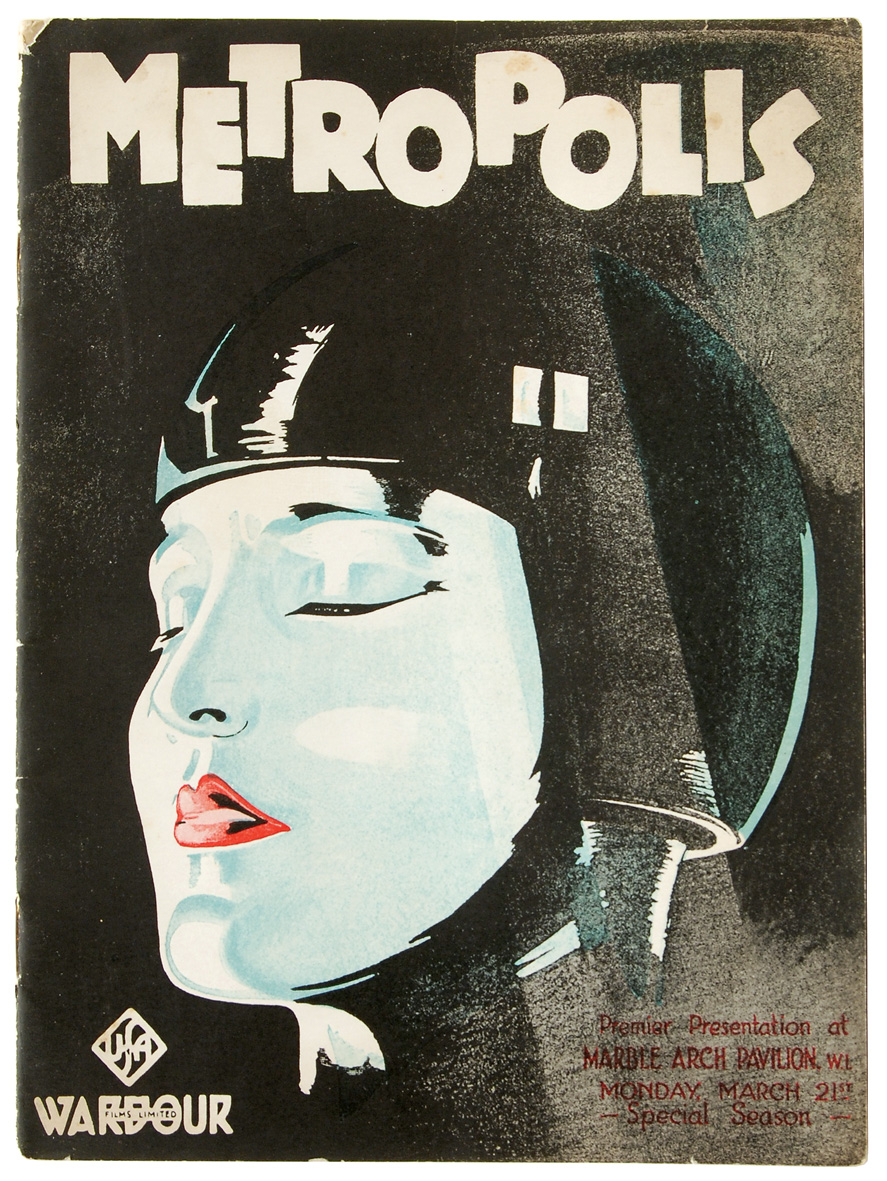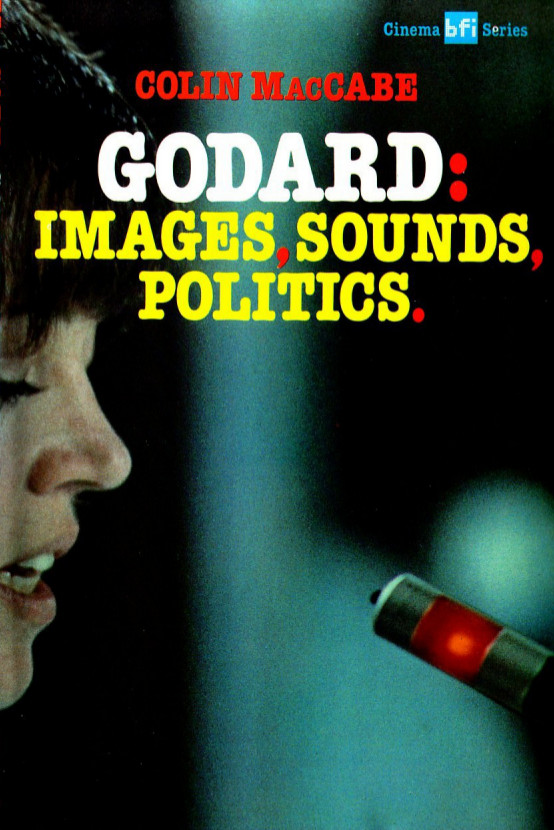Auguste Villiers de l’Isle-Adam: L’Ève future (1886-) [French]
Filed under fiction | Tags: · android, cinema, science fiction, symbolism, technology

The young Lord Ewald is close to suicide because of his beautiful but emotionally and intellectually stuck fiancée. His friend, engineer Thomas Edison, replies by offering to construct for him a machine-woman in the form of his fiancée but without any of her bothersome personality.
The Future Eve (or Tomorrow’s Eve) has been discussed as a key text in the Decadent movement, and as an important work of 19th century science fiction, known for popularizing the term android [Andreid]. It is particularly criticized for its misogyny.
Publisher De Brunhoff, Paris, 1886
via Daniela Cascella
wikipedia (incl. plot, in English)
review (Boyd Petersen, The New York Review of Science Fiction)
commentary (Verena Kuni, MediaArtNet)
commentary (T. Ross Leasure, Latch)
PDF (1886 edition, multiple formats, Gutenberg.org)
PDF (1909 edition, multiple formats, Archive.org)
Metropolis Magazine (1927)
Filed under booklet | Tags: · cinema, film, technology

“Film programme booklet produced for the London premiere of Fritz Lang’s Metropolis at the Marble Arch Pavilion on March 21, 1927. Not only a list of cast and crew, it includes eleven short pieces on the making of the movie, commentary from the director and cast, and numerous production photographs and film stills, many attractively arranged as modernist collages. One of the most interesting sections shows in parallel columns how a passage of film scenes was adapted from the novel of the same name by Lang’s wife, Thea von Harbou.” (source)
Published in March 1927
33 pages
via Kabal, via Laura Massey (of Peter Harrington Book Shop)
PDF (no OCR)
Comment (0)Colin MacCabe: Godard: Images, Sounds, Politics (1980)
Filed under book | Tags: · cinema, film, film theory, maoism, montage, photography, politics, sexuality, technology, television

Godard: Images, Sounds, Politics is an important step in making Godard’s experiments in image and sound beyond the institutions of cinema and television visible. It reads the earlier films through the more recent work, focusing on politics, technology and sexuality. These insistent themes dominate Godard’s investigation of our representation in the image, a representation always inflected by sound. These terms enable us to understand more critical the circulation of money and images in which we participate, a circulation which Godard’s work cuts across.” (from the back cover)
Includes essays by Colin MacCabe, Laura Mulvey, and Mick Eaton. Also features interviews with Godard, a filmography, and a selected bibliography. Printed in black-and-white.
With Mick Eaton and Laura Mulvey
Design Richard Hollis
Publisher The Macmillan Press, London and Basingstoke, 1980
British Film Institute Cinema series
ISBN 0333290739, 9780333290736
175 pages
review of the book’s design (Eye Magazine)
Comment (0)
